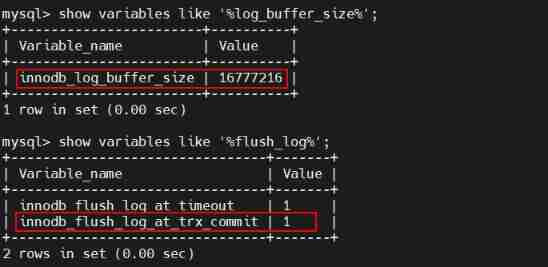当前位置:网站首页>Item 10: Prefer scoped enums to unscoped enums.
Item 10: Prefer scoped enums to unscoped enums.
2022-07-06 03:11:00 【Wan Xi a Shuai】
Item 10: Prefer scoped enums to unscoped enums.
Effective Modern C++ Item 10 Learning and interpretation of .
Generally speaking , Objects defined in curly braces , Its scope is also in curly brackets , however C++98 Enumeration of styles (enums) Types do not follow this rule :
enum Color {
black, white, red }; // black, white, red are in same scope as Color
auto white = false; // error! white already declared in this scope
The above method of exposing enumeration members outside their curly bracket scope , Officially known as enumeration without scope restrictions (unscoped enums).C++11 Provide enumeration types that do not expose enumeration members : Enumeration with scope restrictions (scoped enums).
enum class Color {
black, white, red }; // black, white, red are scoped to Color
auto white = false; // fine, no other
Reduce name pollution
From the two examples above , You can see scoped enums It can reduce name pollution caused by scope restrictions , This is a scoped enums The first advantage of .
There are strong types
scoped enums The second advantage of is that its members have strong types , There will be no implicit type conversion . Look at an example :
enum Color {
black, white, red }; // unscoped enum
std::vector<std::size_t> primeFactors(std::size_t x);
Color c = red;
…
if (c < 14.5) {
// compare Color to double (!)
auto factors = primeFactors(c); // compute prime factors of a Color (!)
…
}
scoped enums Implicit type conversion does not occur , Of the above example Color Modified into scoped enums The way , Compilation error will be generated :
enum class Color {
black, white, red }; // enum is now scoped
Color c = Color::red;
…
if (c < 14.5) {
// error! can't compare Color and double
auto factors = primeFactors(c); // error! can't pass Color to function expecting std::size_t
…
}
If you must Color Convert to other types , You can use display type conversion :
if (static_cast<double>(c) < 14.5) {
// odd code, but it's valid
auto factors = primeFactors(static_cast<std::size_t>(c)); // suspect, but it compiles
…
}
Forward statement
scoped enums The third advantage of is that it can be forward stated , That is, the enumeration name can be declared without specifying its members .
enum Color; // error!
enum class Color; // fine
Actually , say unscoped enums It is not rigorous not to support forward statements , Actually in C++11 in , It can also be forward stated , It just doesn't support the forward statement like the above example , To make it forward statement , It just needs a little modification . The so-called forward statement , Its essence is to tell the compiler what type of target is .
Here is a fact , That's it unscoped enums Type is not a enums, Its actual type is determined by the compiler . scoped enums The reason why we can go forward , Because of its default potential type (underlying type) yes int.
enum Color {
black, white, red };
For the above code , Compile to Color The type is selected as char That's enough .
enum Status {
good = 0,
failed = 1,
incomplete = 100,
corrupt = 200,
indeterminate = 0xFFFFFFFF
};
however , For the above code , The compiler may need to put Status The type is selected as int.
All in all , The potential types of scoped enumerators are known , For enumerations without scope , You can specify it .
about scoped enums , The default potential type is int, Of course, you can also make changes :
enum class Status; // underlying type is int
enum class Status: std::uint32_t; // underlying type for Status is std::uint32_t (from <cstdint>)
about unscoped enums, Potential types are specified , Then it can be stated forward :
enum Color: std::uint8_t; // fwd decl for unscoped enum; underlying type is std::uint8_t
unscoped enums The advantages of
It says scoped enums Than unscoped enums Several advantages of . Actually ,unscoped enums It also has its own advantages . See the following example :
using UserInfo = // type alias; see Item 9
std::tuple<std::string, // name
std::string, // email
std::size_t> ; // reputation
Although the annotation explains the meaning of each part of the tuple , however , When you encounter the following code , You may still not remember what the first element of a tuple represents :
UserInfo uInfo; // object of tuple type
…
auto val = std::get<1>(uInfo); // get value of field 1
If you use unscoped enums Modify the above code , This problem can be avoided :
enum UserInfoFields {
uiName, uiEmail, uiReputation };
UserInfo uInfo; // as before
…
auto val = std::get<uiEmail>(uInfo); // ah, get value of email field
here ,UserInfoFields To std::get() Required std::size_t Implicit type conversion for . If used scoped enums Then the code is much more redundant :
enum class UserInfoFields {
uiName, uiEmail, uiReputation };
UserInfo uInfo; // as before
…
auto val =
std::get<static_cast<std::size_t>(UserInfoFields::uiEmail)>(uInfo);
Sum up :
- C++98 Style enum yes unscoped enum .
- scoped enums The enumeration members of are only visible inside the enumeration body . Only by type conversion ( cast ) Convert to other types .
- scopded enums and unscoped enum Both support specifying potential types .scoped enum The default potential type is int .unscoped enum There is no default latent type .
- scoped enum It can always be pre declared .unscoped enum You can pre declare only when you specify a potential type .
边栏推荐
- jsscript
- 微服务间通信
- ERA5再分析资料下载攻略
- 原型图设计
- JS regular filtering and adding image prefixes in rich text
- 真机无法访问虚拟机的靶场,真机无法ping通虚拟机
- Introduction to robotframework (II) app startup of appui automation
- [pointer training - eight questions]
- 【paddle】加载模型权重后预测报错AttributeError: ‘Model‘ object has no attribute ‘_place‘
- Master data management theory and Practice
猜你喜欢
随机推荐
微服务注册与发现
真机无法访问虚拟机的靶场,真机无法ping通虚拟机
Some problem records of AGP gradle
Eight super classic pointer interview questions (3000 words in detail)
Leetcode problem solving -- 98 Validate binary search tree
Sign SSL certificate as Ca
What is the investment value of iFLYTEK, which does not make money?
Résumé des méthodes de reconnaissance des caractères ocr
Web security SQL injection vulnerability (1)
NR modulation 1
Audio-AudioRecord Binder通信机制
C language - Blue Bridge Cup - promised score
I sorted out a classic interview question for my job hopping friends
[kubernetes series] learn the exposed application of kubernetes service security
My C language learning records (blue bridge) -- files and file input and output
Apt installation ZABBIX
Pat 1084 broken keyboard (20 points) string find
Rust language -- iterators and closures
MySQL advanced notes
Solution: attributeerror: 'STR' object has no attribute 'decode‘
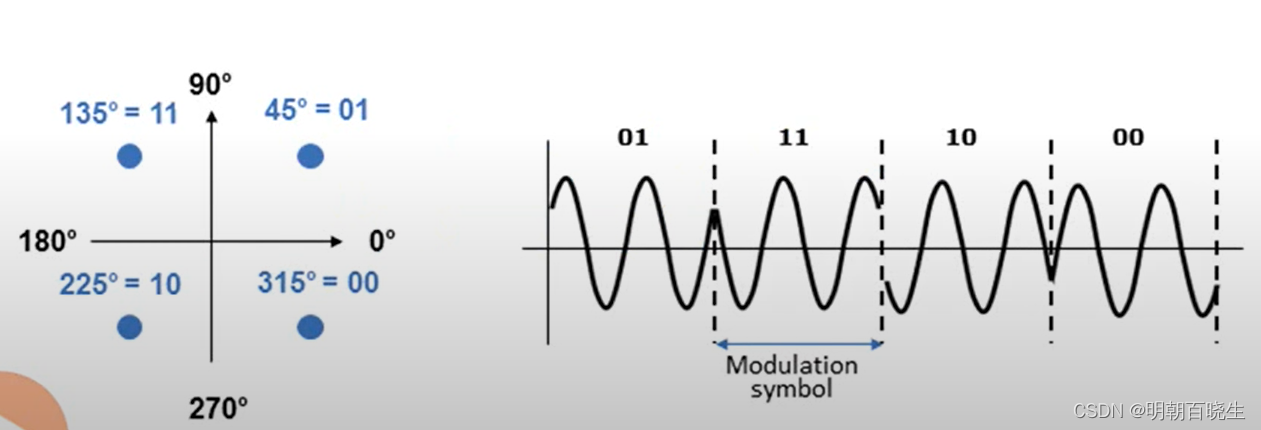
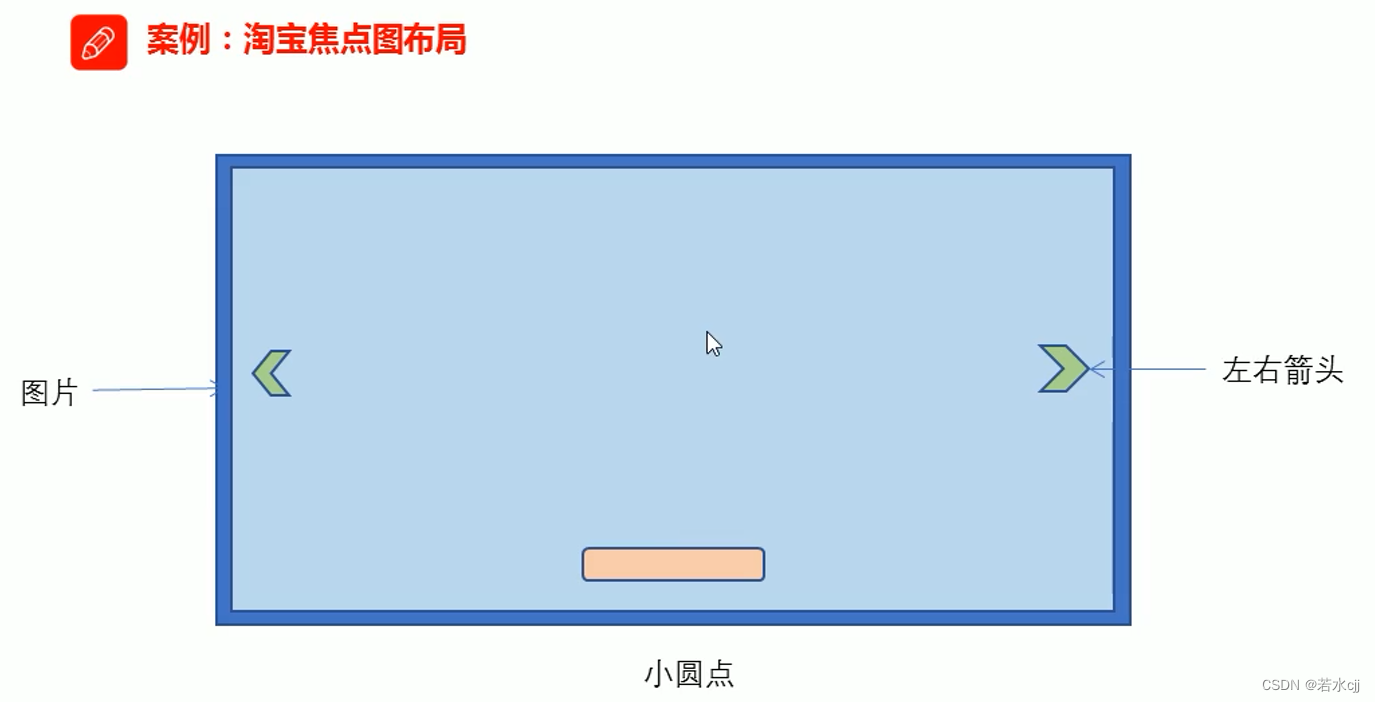

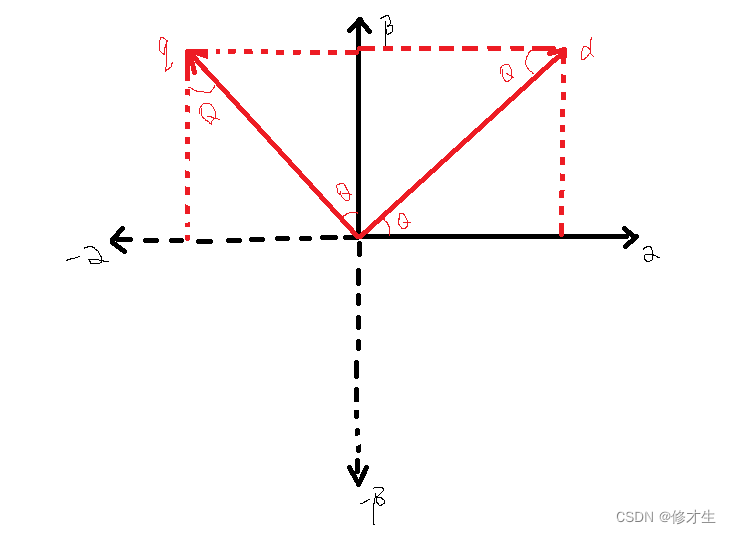

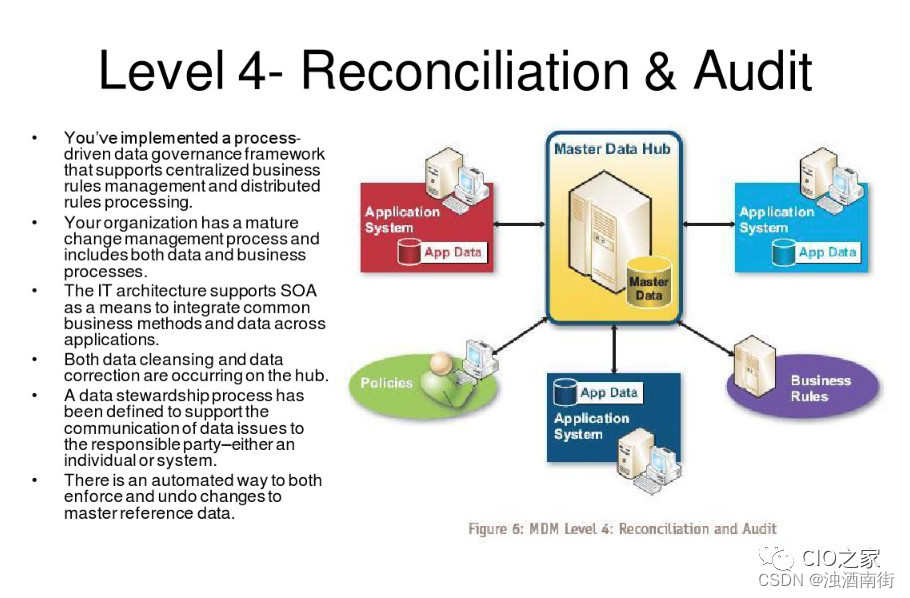
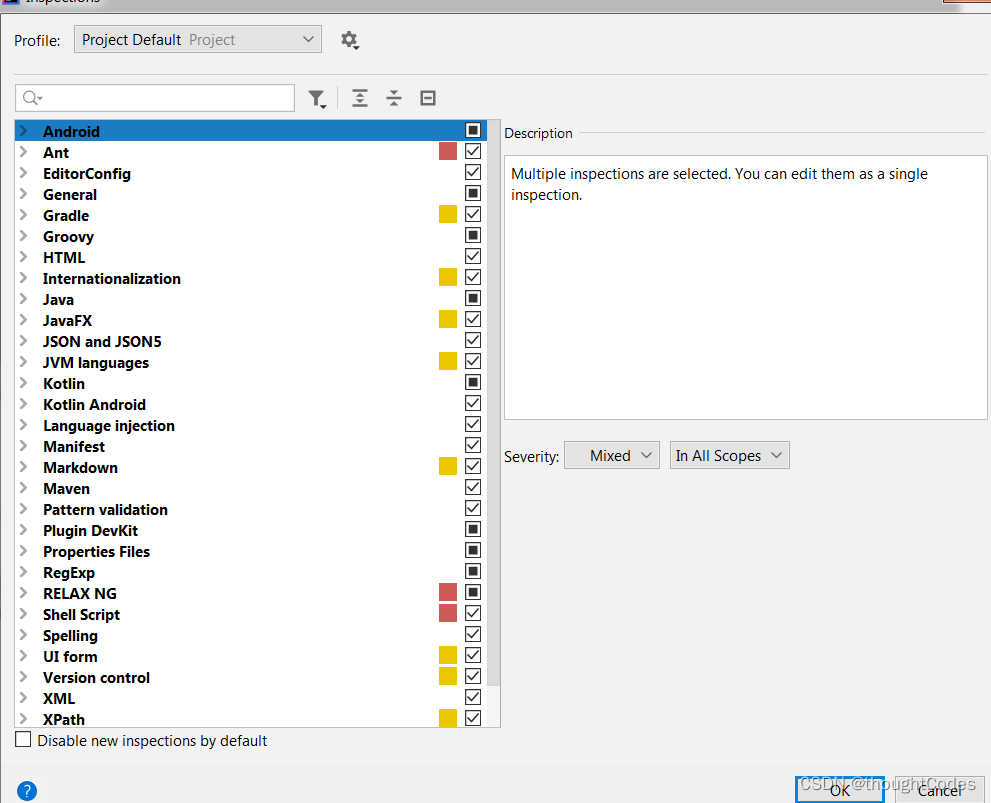
![[pointer training - eight questions]](/img/fd/1aa3937548a04078c4d7e08198c3a8.png)

